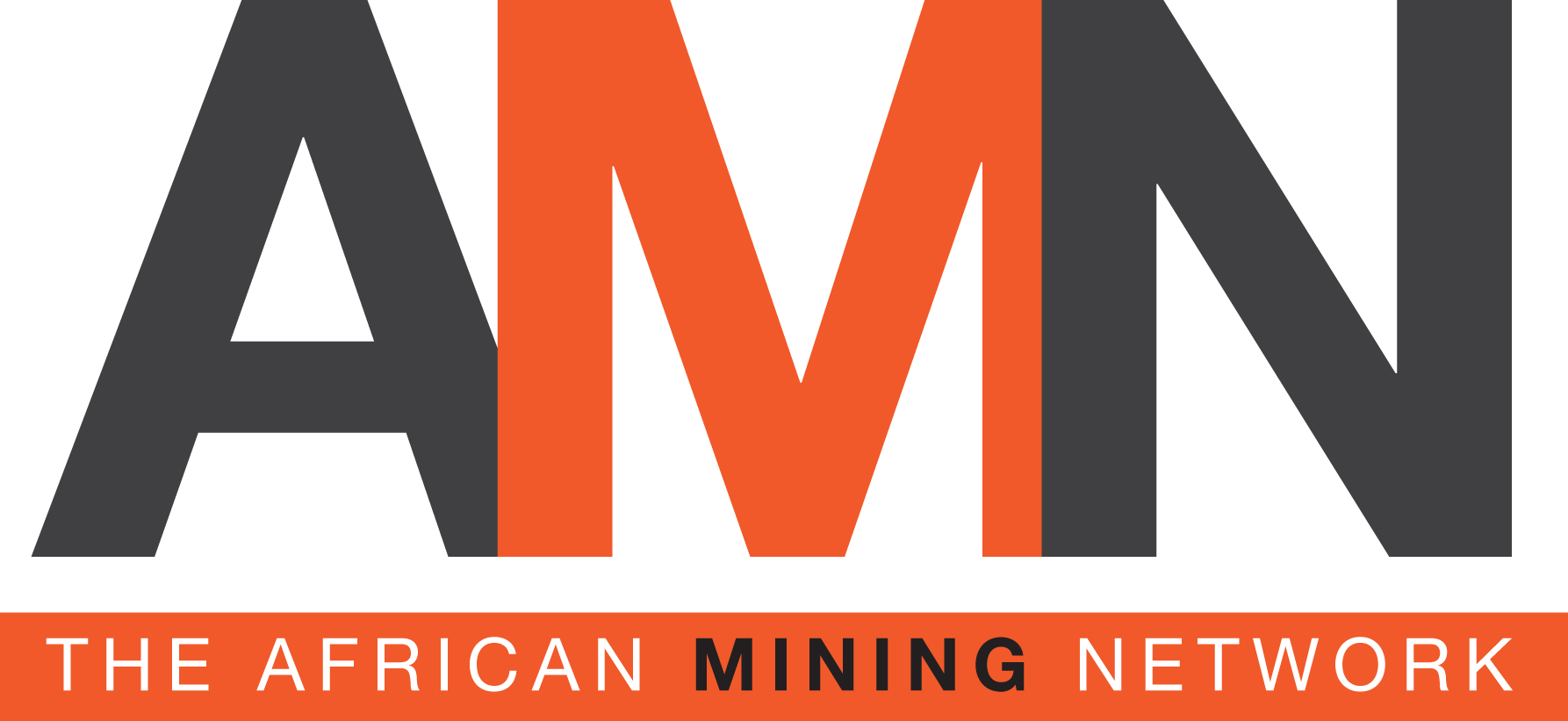- Yolanda Torrisi
- +61 412 261 870
- yolanda@yolandatorrisi.com
- Nina van Wyk
- +27 82 926 3882
- nina@africanminingnetwork.com
![]()
With Australia and Canada having long mining histories and strong mineral endowment it is usual that they set the pace when it comes to mining innovation but the mining world’s attention is turning to West Africa for autonomous mining. This is due to the fact that Resolute Mining is close to completing the world’s first fully autonomous underground mine in Mali.
The Australian-based company is attracting plenty of global attention as it completes development of the US$223 million Syama gold mine. It expects to complete the roll-out of driverless trucks, loaders and drills, a total of 22 pieces, by the end of the year.
Although mining automation is entrenched in the open air of Australia’s iron ore-rich Pilbara region, technological advances have taken longer to reach underground mining.
Resolute has also taken time to assure the industry and those that benefit from it that automation is not about cutting jobs. It says that the only jobs likely to be hit at Syama were highly paid foreign workers being flown in during the development process. The workforce of some 1500 includes about 80 overseas professionals.
Managing director John Welborn told the Diggers and Dealers Mining Forum in Western Australia last week: “Rather than focusing on putting in wells in local villages and handing out school books, we're focused on upskilling, training and empowering the local workforce.”
He estimated that the automated equipment at Syama would cost an additional $10-$15 million upfront but it would boost productivity, cut mining costs by up to 30 per cent and increase safety.
He said, “Automation is often seen through the prism of a vehicle factory where you blow the whistle and sack 200 of your assembly line workers and replace them with robots or a large group of sewing machine operators who can be replaced by a machine.
“I often get asked about the political impacts of automation in Africa, with the perception that governments will be concerned we're laying off workers.
“What we're doing has very little to do with reducing workforce, it has everything to do with efficiency and productivity.”
In an African context, John Welborn said automation meant an ability to increase productivity, lengthen maintenance times, increase safety, reduce diesel emissions, and “do all of those things in a way that upskills your local workforce”.
While the Northparkes Copper-Gold Project in New South Wales claimed to reach a world-first in 2015, reaching underground automation, Syama goes a step further with automated haul trucks added for the first time. At Northparkes driverless loaders, remotely controlled from the surface, load ore and transport it to an underground crusher where it is conveyed and hoisted to the surface.
At Syama, a fibre optic system will be installed throughout the mine, allowing the operation to install sophisticated mobile equipment monitoring and guidance systems.
Sandvik has been engaged by Resolute to automate Syama and its Asia Pacific business line manager for load and haul Malcolm Mauger told Diggers and Dealers that most of the mining sector was embracing the change. "In Australia we're seeing a lot of [automation] already … what they've done in Africa is put it together in one package," he said. "We have pockets of excellence here in Australia … but no-one's put it all together yet.
“I think everyone's interested to see how [Syama] all goes together, everyone's very curious.”
While admitting that it would cost truck drivers their jobs, Malcolm Mauger said the technology would create positions in different roles. “The jobs you lose are obviously the operators, but they get replaced in maintenance and data science because people want their data.
“Automation can lower costs and actually keep mines running for longer. We're in a situation now where mines are going really deep, we’ve got hot temperatures, you don't want to have your people exposed to it and there's also emissions.”
Well done to Resolute, Sandvik and the local workers at Syama. All are combining to create history in Mali.
Yolanda Torrisi is Chairperson of The African Mining Network and comments on African mining issues and the growing global interest in the continent. Contact:yolanda@yolandatorrisi.com

